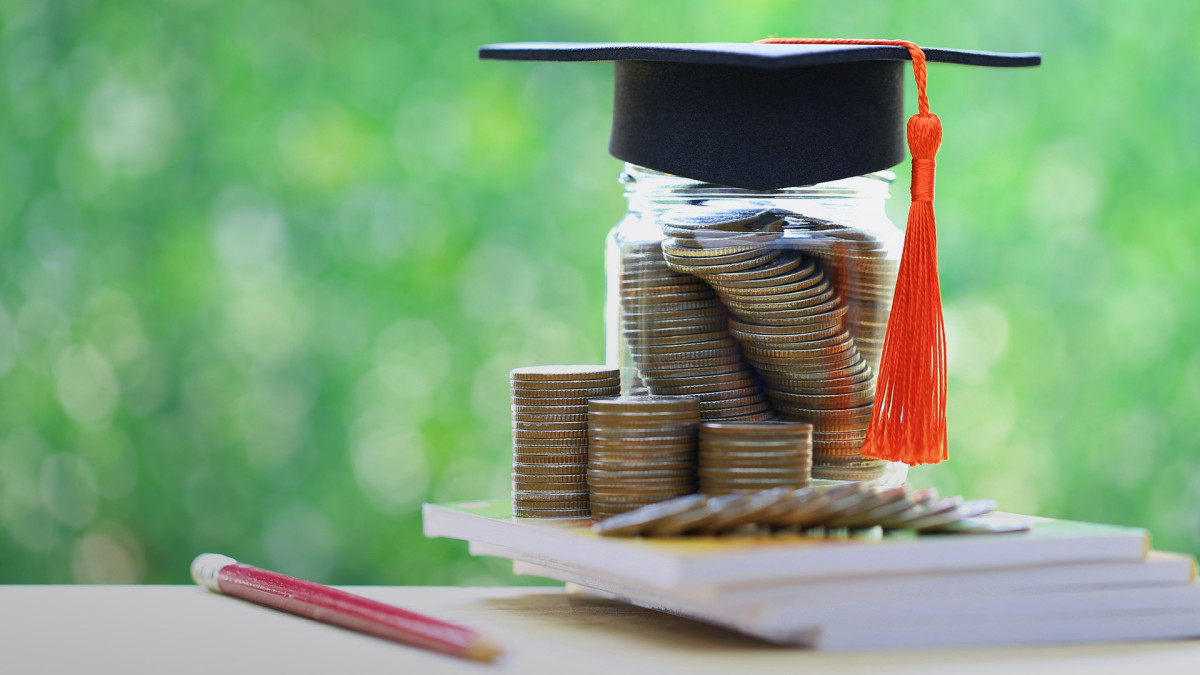
Back in 1960s and ‘70s, all a high school student really needed to know about personal finance was how to open a checking and savings account.
But life has grown a lot more complicated since then. Now youngsters need to be aware of how to invest and how to budget amid a myriad of personal expenses.
It took a while for high schools to address the need of their students for personal-finance training. But now it appears that schools are getting religion.
A new report from Champlain College “shows significant progress toward the goal of having every high school student in America guaranteed a semester-long course in personal finance,” the college said. That “promises huge gains in many states over the next five years.”
The study gives seven states an “A” for their efforts, up from five in the last study (2017). The sturdy seven are Alabama, Iowa, Mississippi, Missouri, Tennessee, Utah, and Virginia. “A” states require students to take a semester-long personal finance course, or its equivalent.
‘Statistics Can Mask Reality’
“This doesn’t seem like much growth, but sometimes statistics mask reality,” says John Pelletier, director of Champlain’s Center for Financial Literacy. No state in the nation had this requirement when the Class of 2007 graduated, he said. When the Class of 2028 graduates, 41 out of 100 students will live in a state with such a requirement.
“Tremendous change is on the horizon. States are rapidly passing laws and changing regulations, and we estimate that, assuming full implementation of legislation and policies, we will have 23 grade “A” states by 2028,” Pelletier said.
One bonus of personal finance courses is that they can help narrow the racial wealth gap, the report says. “All too often, students from underprivileged backgrounds enter adulthood with insufficient knowledge of personal finance, which continues the cycle of poverty and inequality.”
The government is helping, Pelletier said. “Legislators are responding to families who didn’t have financial safety nets during the pandemic, as well as to advocacy by educators, administrators, parents and students.”







